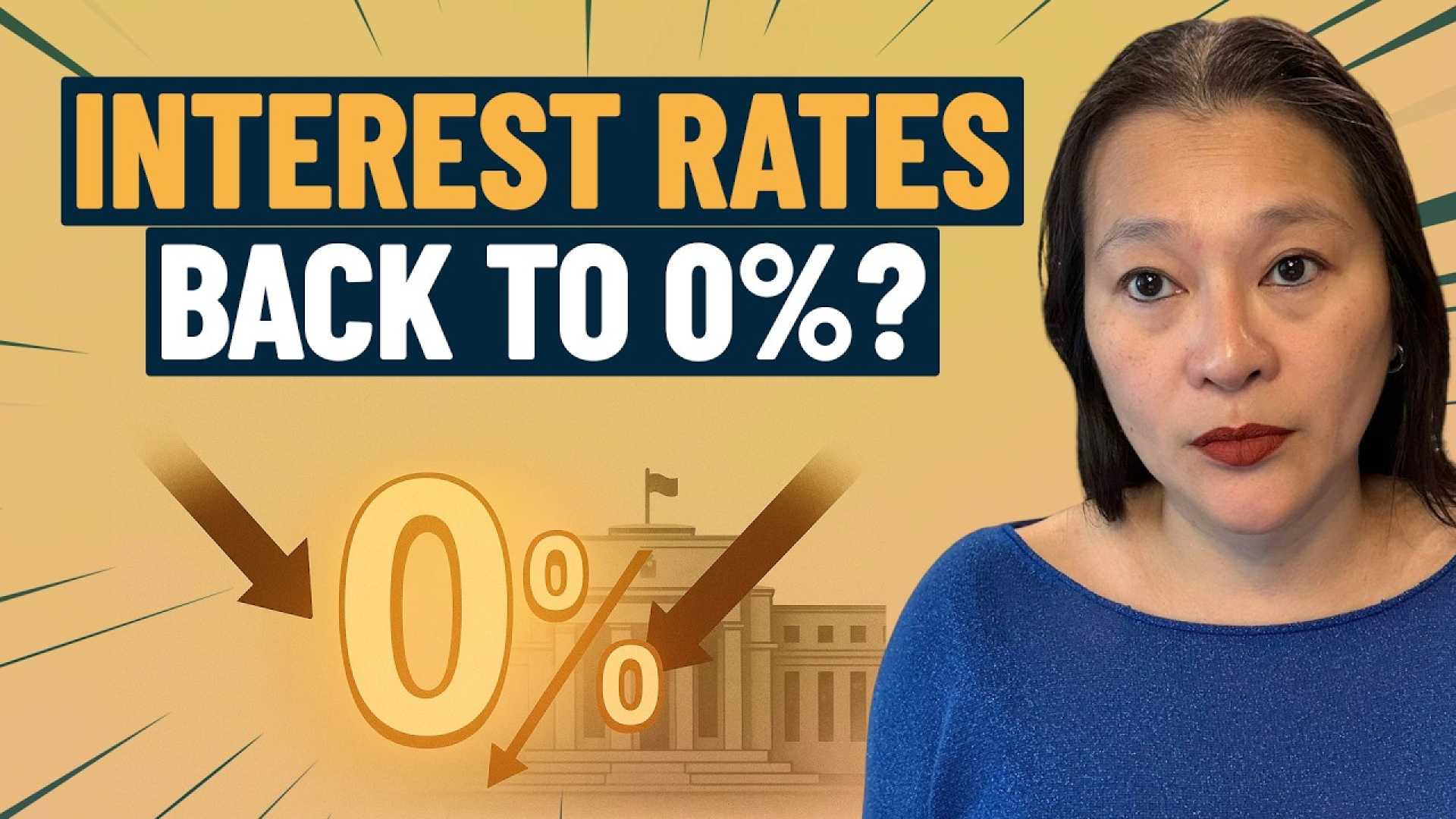Business
U.S. Treasury Yields Surge After Court Para Decision on Tariffs

Washington, D.C. — U.S. Treasury yields jumped on Tuesday as traders reacted to a court ruling that deemed many of former President Donald Trump’s tariffs illegal. This decision opens the possibility for the government to refund tariffs already collected, impacting the nation’s fiscal health.
The benchmark 10-year Treasury yield rose more than 6 basis points to 4.287%. The 30-year yield climbed over 6 basis points to 4.978%, while the 5-year yield increased nearly 3 basis points to 3.652%. One basis point is equal to 0.01%, with yields and prices moving in opposite directions.
Internationally, 30-year yields in Germany, France, and the Netherlands reached their highest levels since 2011, while the U.K.’s 30-year gilt yield also surged, reaching its highest point since 1998, according to Deutsche Bank.
The legal decision, made by a federal appeals court on Friday, ruled in a 7-4 vote that Congress exclusively holds the power to impose sweeping tariffs. While Trump criticized the ruling as “highly partisan,” he plans to appeal to the U.S. Supreme Court.
The court stated, “The core Congressional power to impose taxes such as tariffs is vested exclusively in the legislative branch by the Constitution.” However, current tariffs remain effective.
Initially, Trump’s tariffs raised concerns about inflation and drove yields higher. However, market sentiment shifted over the summer, with bond investors optimistic about the revenue generated by these tariffs. The Tax Foundation estimates that tariffs could bring in $172.1 billion in 2025, which would help mitigate the growing budget deficit.
Ed Mills of Raymond James noted, “If this ruling is upheld, refunds of existing tariffs are on the table which could cause a surge in Treasury issuance and yields.” Meanwhile, U.S. yields have been rising in line with overseas rates, which are climbing for different reasons.
Ed Yardeni, president and chief investment strategist at Yardeni Research, indicated that “a new wave of sovereign risk is washing over European economies, with the UK and France most vulnerable.”
Furthermore, investors are awaiting key economic data, including the non-farm payrolls report and August unemployment rate, due Friday morning. This data is expected to influence the Federal Reserve’s interest rate decision later this month.












